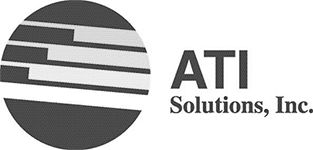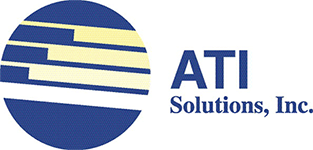 Scalability is the term for an application or network’s capacity to maintain its ability to function as its workload increases and, in some instances, decreases. The best scalable systems will be able to automatically adjust to increased queries or demands without manual intervention, and manage new workloads in a way that is most efficient, ultimately saving both time and money.
Scalability is the term for an application or network’s capacity to maintain its ability to function as its workload increases and, in some instances, decreases. The best scalable systems will be able to automatically adjust to increased queries or demands without manual intervention, and manage new workloads in a way that is most efficient, ultimately saving both time and money.
Risks of Choosing Cheaper Systems Over Scalable Software
Since scalable systems do not need to be redesigned in order to maintain optimum performance levels, they offer immediate and long-term commercial benefits. Businesses may install or subscribe to scalable systems that have the potential for growth that may not apply to the business at that moment, but only pay for the systems they immediately require. If the business experiences a sudden dramatic increase in workload, additional computing power and systems may be implemented or rather “turned on” to the existing system, responding immediately to customer needs.
When software isn’t scalable, it can lead to a variety of problems such as:
- Ineffective solutions. Productivity may suffer as more and more strain is placed on inefficient systems. As a way to remediate issues with scalability, companies may install patches as a short-term solution. This may temporarily fix the issue, but more resources will be spent on fixing these reoccurring scaling issues, whereas it could have been avoided if the business was scalable in the beginning.
- Delays. As simultaneous users increase and more data is stored on the system, the software’s ability to process requests drops significantly, causing delays or even crashing the system. If the infrastructure is not made to handle increasing requests, it will eventually crash.
- Data breach. As new applications are added to the system in an attempt to ease workflow problems, each new piece of software increases the possibilities of having vulnerabilities and makes it more difficult to diagnose underlying problems. These slowdowns can hinder the productivity levels of employees, in turn forcing them to resort to using unreliable software or unsecured systems to account for the delay. This can place the company at risk of a data breach.
- Customer frustration. In today’s culture of immediate customer satisfaction, users who experience slow loading times or unreliable software are unlikely to return to a business that could not fulfill their needs quickly and easily if the issues aren’t remediated. With a scalable business, customers experience fewer issues and have an overall better experience.
Contact ATI Solutions For Your Scaleable IT Needs
The data specialists at ATI Solutions would be happy to consult with business owners about the services offered in our data centers. Contact us today to get more information about the storage and service options in our D.C. data centers, or set up an appointment to tour our Chantilly facility.
|
Related Links: |

